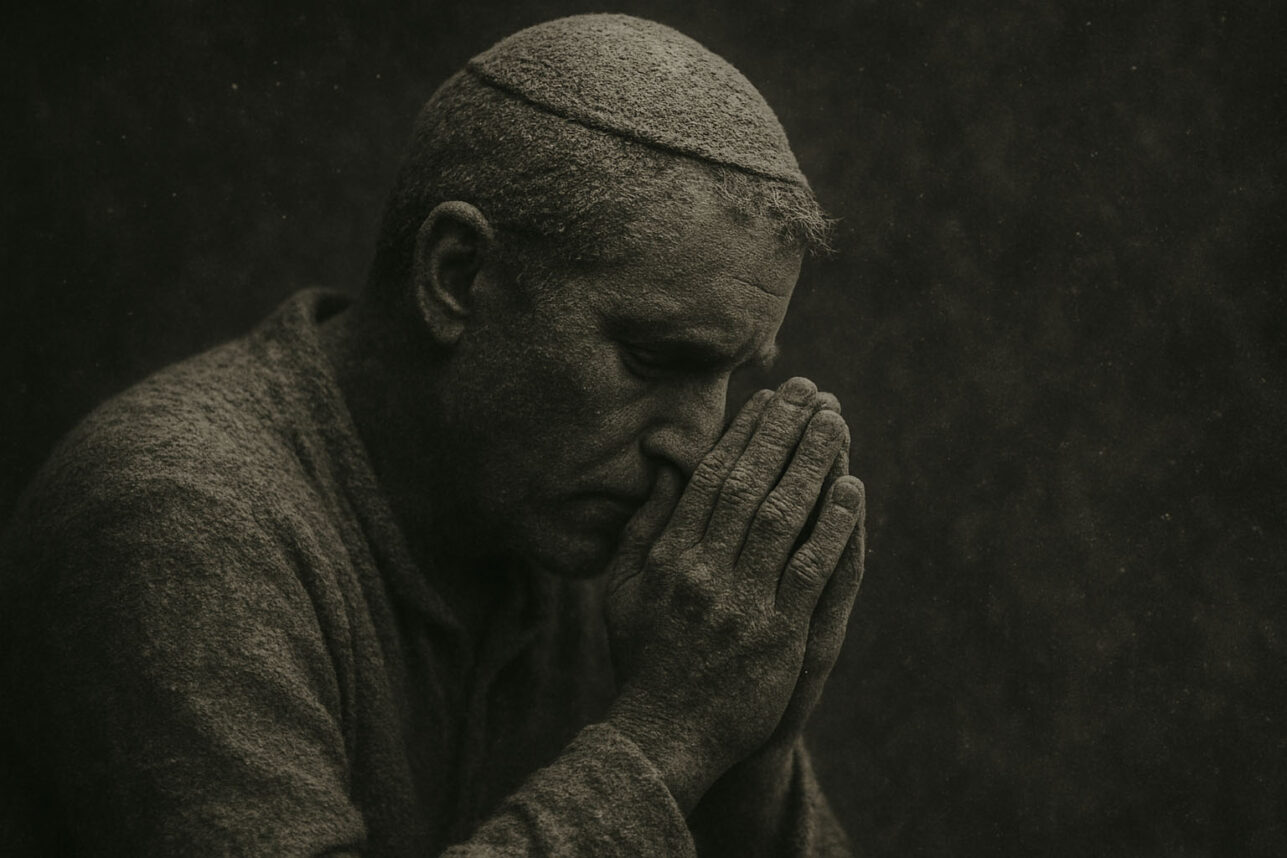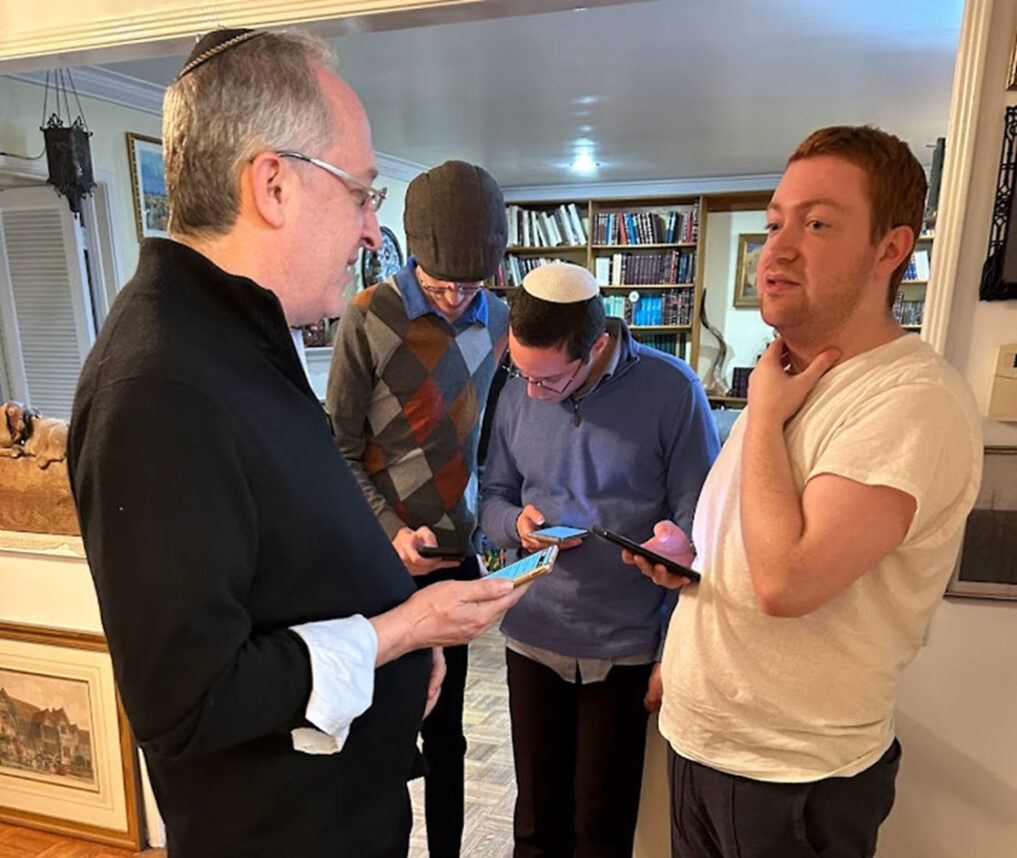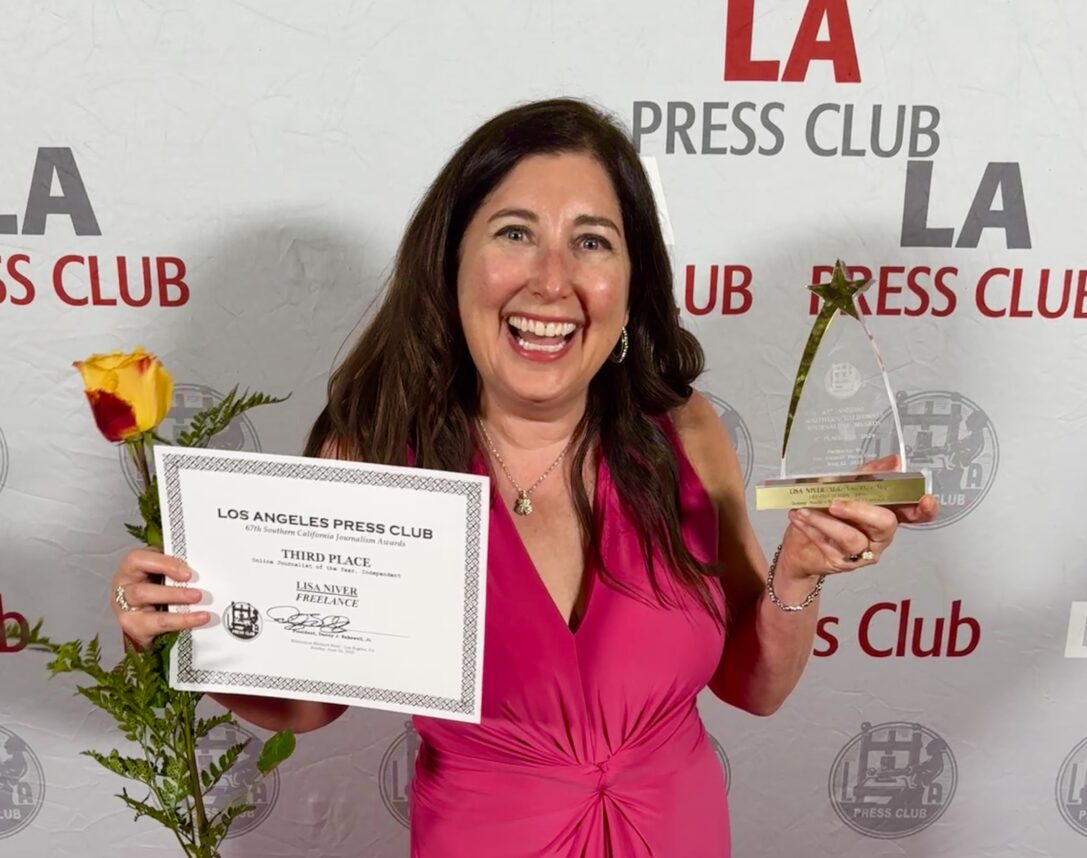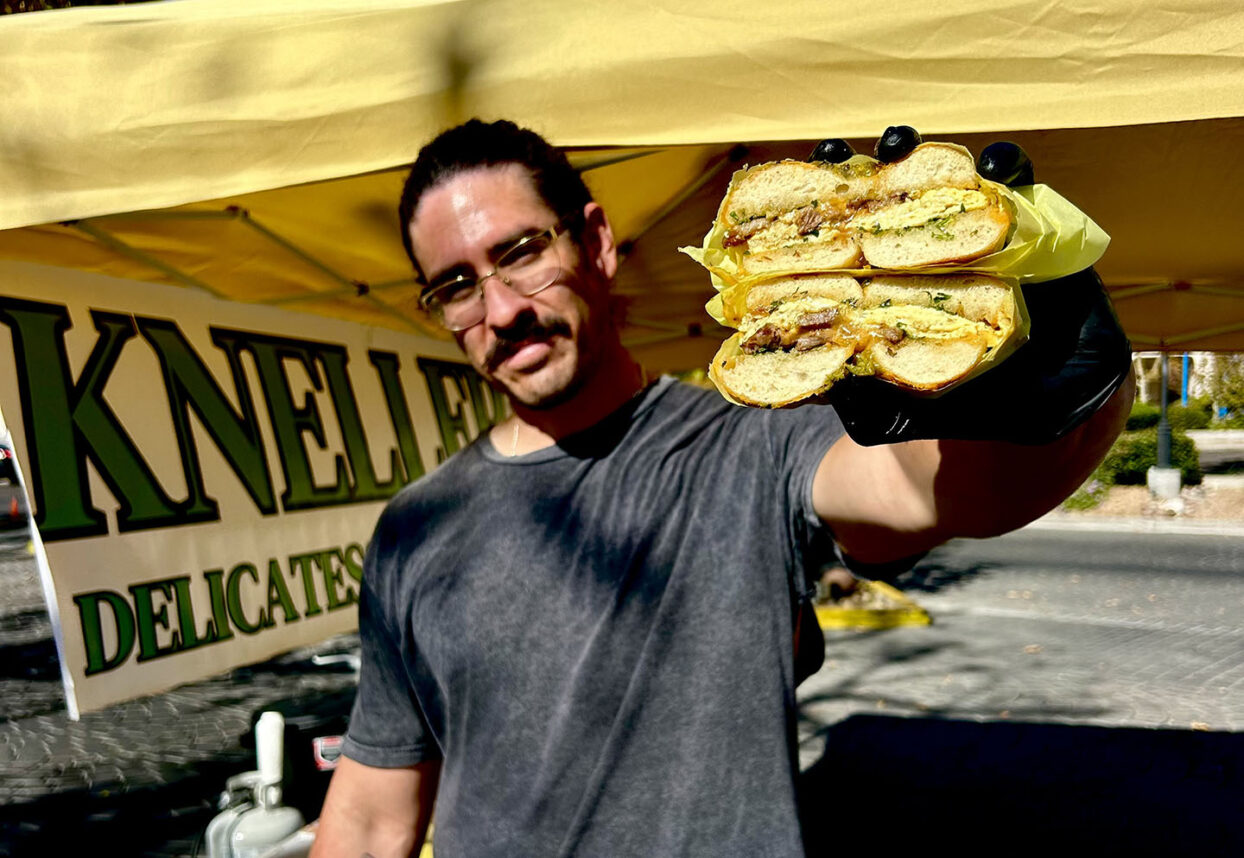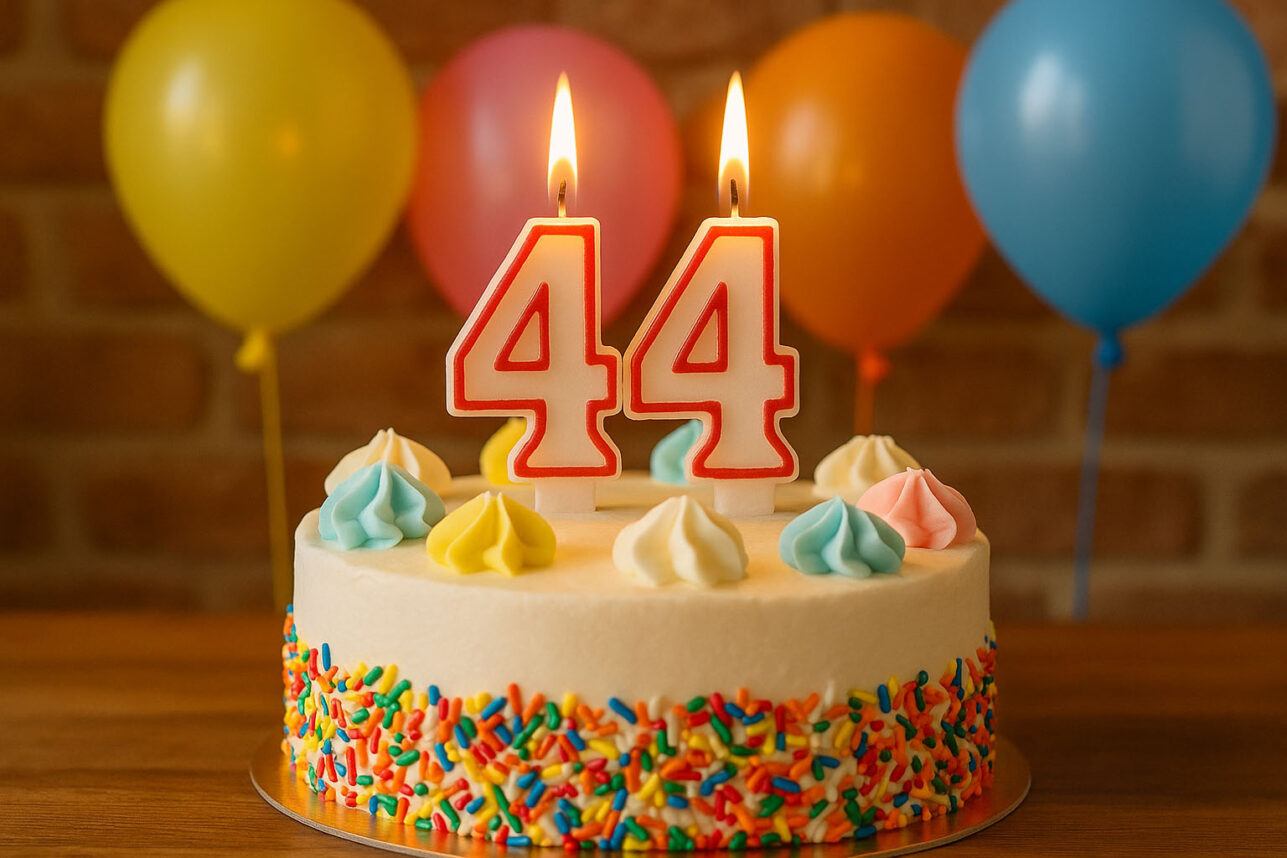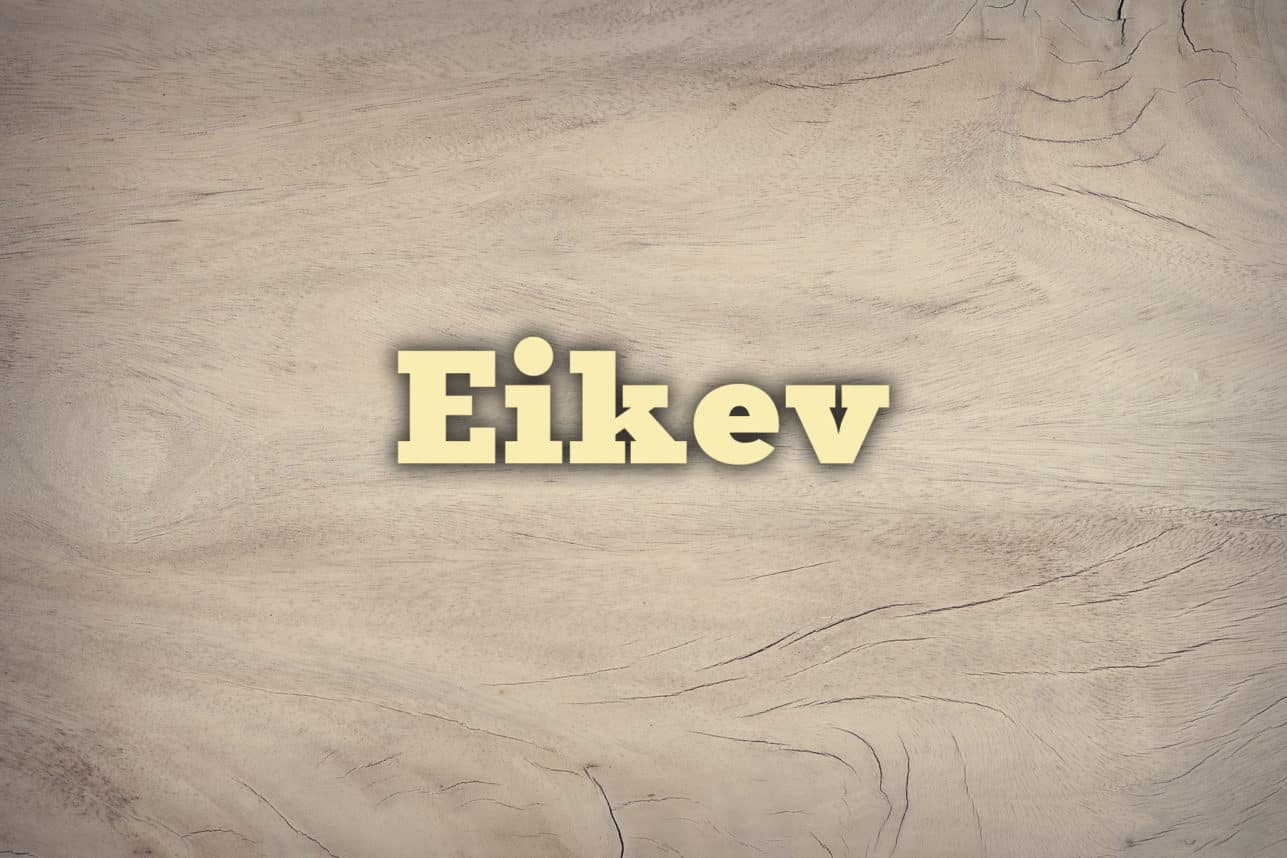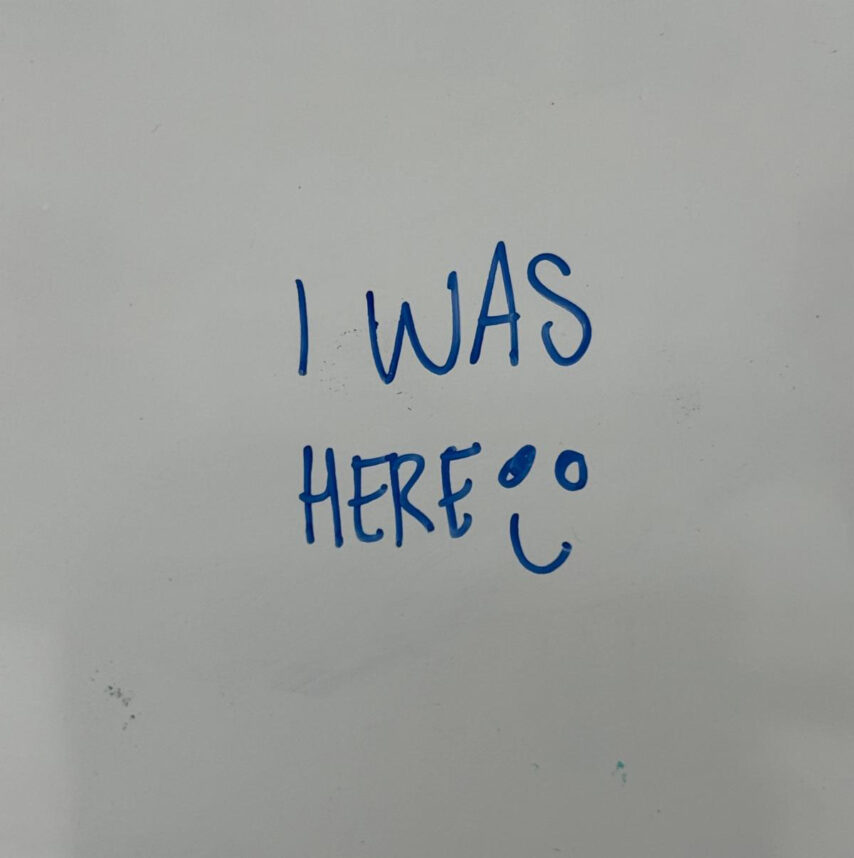Ok, chocolate Chanuka gelt isn’t exactly a dish, but it is delish. Although these coins are the highlight of many children’s (and some adults, not that I would know anything about that) Chanuka experience, the tradition of Chanuka gelt originally involved the giving of real coins, or “gelt,” in Yiddish.
According to the“>Leah Koenig of the Jewish Forward writes that, according to professor Eliezer Segal, the custom most likely began in the 18th century in Eastern Europe when parents gave gifts of money to their children’s teachers every year around Chanuka time. Professor Segal posits that the connection of these payments with Chanuka was largely etymological, since the Hebrew words Channukah (dedication) and Chinnukh (education) share lingual roots.
Ms Koenig writes that by the 19th century, the practice of giving gelt had shifted from teachers to children, for reasons unknown. A tradition of giving charity to the poor on chanuka, however, remains even today. (Kitzur Shulchan Aruch and Magen Avraham).
According to Ms. Koenig, it was not until the 1920’s that American candy makers first introduced the gold and silver-wrapped chocolate coins so prevalent today. However, Ms. Koenig notes that, according to journalist Amy Klein in “The Jewish Journal of Greater Los Angeles,” most of the chocolate gelt eaten in the United States today is now imported from Israel.
But in my view, wherever those chocolate coins come from, the important thing is where they end up – with me. For the sake of the children, of course.












